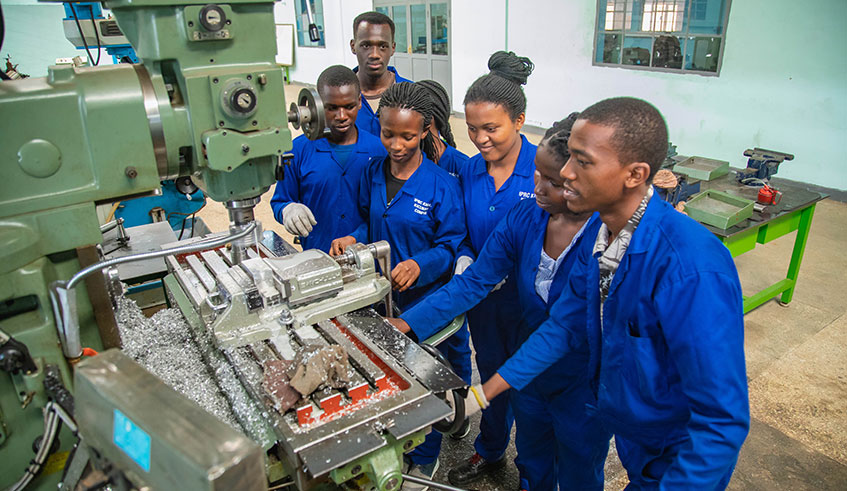Since the tragic genocide against the Tutsi in 1994, Rwanda has made incredible progress in rebuilding its institutions, economy, and most importantly, its people. At the core of this change is a powerful yet quiet revolution: education. As President Paul Kagame stated, “After the genocide, we had to rebuild everything, including people’s minds. Education was the most powerful tool we had.”
After the genocide, the Rwandan government faced a huge challenge: how to educate a generation that had seen unimaginable horrors and, in many cases, had been torn apart by hatred. One of the first big moves was to reform the national curriculum to promote unity and reconciliation. The new content focused on Rwandan identity instead of ethnic divisions, replacing divisive histories with a shared story of resilience.
Genocide studies were added to school curriculums to ensure that the past would never be forgotten or repeated. Teachers were retrained not just in the subject matter, but in their teaching methods, becoming mentors in peacebuilding rather than just transmitters of knowledge. Programs like Itorero ry’Igihugu, a civic education initiative based on traditional values, were revitalized to foster patriotism, service, and social unity among the youth.
Education in Rwanda isn’t just about healing; it’s also about building. In the past thirty years, access to education has grown significantly. Almost everyone is in primary school now, and there are ongoing efforts to enhance secondary and higher education.
The government has made significant investments, allocating over 20% of its national budget to the sector, leading to primary school enrollment rates exceeding 90%. As of the 2022/23 school year, total primary school enrollment reached over 2.8 million pupils.
Technical and Vocational Education and Training (TVET) programs have become essential in connecting education to the job market, equipping young Rwandans with hands-on skills in areas like agriculture, construction, ICT, and hospitality. Higher education is on the rise too, with places like the University of Rwanda and Mount Kigali University nurturing a new wave of thinkers, engineers, doctors, and entrepreneurs.

These institutions do more than just hand out degrees; they serve as centers of innovation and align with Rwanda’s ambitious national strategy. Girls, who were once among the most marginalized in terms of formal education, are now making significant strides.
Policies that promote gender equality in schools have led to more girls finishing both primary and secondary education, with the Net Attendance Rate (NAR) for primary school slightly favoring girls (94%) over boys (92%) as per the 2023/2024 EICV7 survey.
Education also serves as a stepping stone for young people from disadvantaged backgrounds, with scholarship programs, mentorship initiatives, and community schools helping the most vulnerable to aspire beyond their current situations.
However, challenges remain. Issues such as classroom overcrowding, particularly in lower primary schools operating on double shifts, can lead to poor learning outcomes and high repetition rates. The shortage of classrooms, with an estimated need for at least 40,000 more, continues to be a hurdle despite recent construction efforts.
Additionally, while ICT integration is a priority, limited internet access and insufficient ICT devices in many schools, especially in rural areas, hinder the full potential of digital learning platforms like TMIS. The ratio of students to qualified teachers also remains a challenge, particularly in rural and public schools.
Despite these challenges, the Rwandan government continues to implement reforms aimed at improving education quality. Initiatives include a new curriculum that shortens daily classroom hours for young learners, restructuring upper secondary education into specialized career pathways, and continuous assessment. Efforts are also being made to improve teacher welfare through salary increments, housing projects, and professional development.
Rwanda’s education system is shaping citizens who not only believe in themselves but also in their country.
What Rwanda has shown, perhaps more than any other nation that has gone through conflict, is that rebuilding a country starts with changing mindsets. Here, education isn’t just a system; it’s a national philosophy, a means of transformation, and a land of hope.
